
Snapchat is a youthful, fun-loving social media platform where you can keep up with your friends and talk to each other.
You are able to send disappearing messages, post where you and your friends are hanging out, and keep track of who you talk to the most.
This popular social media platform offers a sense of community that most other social media platforms don’t.
Who Owns Snapchat?

Snapchat is owned by two of its founders, Bobby Murphy and Evan Spiegel.
Spiegel owns 13% of the company while Murphy owns 15% of the company.
Murphy is also the chief technology officer, which is part of the reason he owns slightly more than Spiegel.
Thanks to the social media company, both men have found massive success.
Bobby Murphy prefers to keep his work behind the scenes, only occasionally coming out in the spotlight for technology-based interviews.
Evan Spiegel often acts as the face of the company, doing more of the public relations work.
The pair met as fraternity brothers of Kappa Sigma at Stanford University.
Murphy was two years ahead of Spiegel.
Spiegel actually ended up dropping out of Stanford in order to run Snapchat in 2011.
By the time Spiegel was 25, he was a billionaire thanks to Snapchat.
Currently, Spiegel has a net worth of $13.6 billion and Murphy’s net worth is $14.9 billion.
While Murphy and Spiegel may collectively own 30% of the company, none of their shares gives them voting rights.
Those types of shares are left to the public stockholders.
Both Murphy and Spiegel have seen more success early on in their lives than most people experience in their entire lifetimes.
In 2015, Spiegel was the youngest billionaire.
Three years after Snapchat’s release to the public, Murphy made it onto Forbes’s 30 Under 30 for consumer technology.
Snapchat has nearly 300 million active monthly users who make billions of posts on the platform each day.
Although some of the founders weren’t able to finish their degrees, dropping out of college to run their own business proved to be the path that led them to success.
Without Stanford’s fraternity, Kappa Sigma, there may have never been Snapchat.
The best opportunities hide in the strangest of places.
How Snapchat Started

Snapchat was started in 2011 by Evan Spiegel, Bobby Murphy, and Reggie Brown.
It was Brown who came up with the original idea for Snapchat, which was to create a social media platform that allowed the users to post photos or videos that would disappear from the platform after only a few minutes.
Brown took his idea to Spiegel who agreed that idea would be great, especially for students with nosy parents or friends.
Brown and Spiegel knew that Murphy knew how to code, so they took their idea to Murphy who also believed that the idea could be a hit among young internet users.
Before Snapchat was released, the trio released “Picaboo”.
However, Spiegel and Murphy believed that Reggie Brown wasn’t carrying his weight or doing nearly as much work as they were.
The other two founders kicked Brown from the project after a couple of months.
In September of 2011, Murphy and Spiegel rebranded “Picaboo” and launched Snapchat.
Three years after the social media platform was released, the original trio came to the agreement to pay Reggie Brown $157 million for his contributions and officially list him as a co-founder of Snapchat.
From an early point in the creation of Snapchat, the two owners made clear lines of where their responsibilities lay.
For Bobby Murphy, this meant handling the technological side of their new business.
Evan Spiegel would run the humanistic side of their work, which includes public relations and business management.
Bobby Murphy has been the chief technology officer of Snapchat since its creation while Evan Spiegel has always served as the chief executive officer.
The pair have used their unique talents and interests to create a successful business.
They serve as the perfect example of why two heads are better than one.
Does Facebook Own Snapchat?

No, Facebook does not own Snapchat.
Facebook has tried to buy Snapchat on multiple occasions, but Snapchat’s founders are not looking to sell their business.
Snapchat wasn’t even the only other social media competitor that Facebook has tried to buy.
In 2013, Facebook tried to buy Snapchat for $3 billion.
Facebook knows that its audience is mostly made up of older users these days.
In an attempt to appeal to younger users, Facebook begged to buy the platform that Murphy and Spiegel had built up.
During this time, Facebook was desperate to change its user base.
Facebook tried to buy other social media companies with younger audiences, such as Twitter.
Both social media platforms turned Facebook down.
That’s when Facebook bought Snapchat’s biggest competitor, Instagram.
Once Instagram was purchased, Facebook began changing it in order to mimic the features that Snapchat had, such as certain types of posts that disappeared and adding photo filters that acted similarly to Snapchat’s.
This caused some major damage to the price of Snapchat’s IPO.
For a while, it was uncertain how Snapchat was going to respond to Facebook’s copycat tendencies.
The only way that Snapchat saw this social media cold war ending was by innovating and becoming even more than it originally was.
One of the first major features that Snapchat added was Snap Map.
The Snap Map allows users to show their location.
With the Action Bar that was added to Snapchat, you are able to message friends, order food from local places, and spot popular locations.
Snapchat also decided to focus on its Augmented Reality or AR technology.
Through Lens Studio, Snapchat wanted to allow developers to create AR experiences that users could have through the social media platform.
AR consists of using a camera around the real world to determine virtual features.
Does Google Own Snapchat?

No, Google doesn’t own Snapchat.
Just like Facebook, Google offered to buy Snapchat and was turned down.
Google even offered 10 times as much as Facebook did, which comes to $30 billion for the trendy social media platform.
In 2016, Google had a private meeting with executives of Snapchat, right before the platform’s last funding round.
The news spread around the company about the offer that Google had made, but many of the Snapchat employees knew how much Evan Spiegel wanted to remain independent.
After turning down Facebook’s massive offer, Snapchat’s Evan Spiegel became notorious for refusing to give up the company’s independence.
Despite the offer coming after the social media platform had been suffering from Facebook’s competitiveness, Spiegel preferred to retain Snapchat’s freedom over gaining back the market cap that the company once had.
However, Google’s offer still proved beneficial when the news was released to the public.
Snapchat saw a 2.3% increase in its share prices, and people who had once disregarded Snapchat as a thing of the past turned their heads back to see what Snapchat was doing in order to warrant an offer of $30 billion from Google.
Luckily, the chairman of Google, Eric Schmidt, was an advisor for Evan Spiegel and the two have a positive relationship.
Unlike Facebook’s offer to buy out a competitor, Google’s offer was vastly more benevolent.
Instead, Google invested in the company through their grow-phase investment fund, CapitalG.
It was a way for Snapchat to invest more into additional features for its application while getting out from under the feet of Facebook’s Instagram.
There would be many benefits to Snapchat allowing Google to buy them, but Spiegel refuses to give up the company’s freedom.
Things at Snapchat haven’t been the same since Facebook became more competitive, but they refuse to give up.
Why Is Snapchat So Popular?

Snapchat’s popularity comes from multiple reasons, starting with the core of what Snapchat is.
It is a place where people can post something without it lasting forever on their page and where many users feel that the best posts are the imperfect ones.
On many different platforms, you’ll find someone with a page full of posed, professional-grade photos and only the most perfect moments for videos.
Snapchat’s goal is to allow the user to give people a more realistic look at their life without the user needing to worry about how their posts age.
You’ll find videos of the best parties, dorky moments with friends, and emotional videos where people are pouring their hearts out on screen.
Snapchat has always been intended to be the platform where users could completely be themselves and don’t feel the heavy pressure to be perfect.
From the first blog post that Spiegel ever wrote for Snapchat, he stated clearly that he wanted Snapchat to be the place for users to show a full range of human emotion, without having to worry about what it’d look like when you were applying for a job.
Many others will accredit the social media platform’s success to the unique level of secrecy that the application offers.
The first demographic to gravitate towards Snapchat were California grade school students.
Snapchat was an excellent choice for students who could only send so many text messages per month due to their family’s phone plan because it used the internet to connect users.
This meant that students didn’t need phones to use the app.
When Snapchat was originally released, it had only been known about by a few of Murphy and Spiegel’s friends.
Spiegel’s cousin helped the application become popular around his own high school, which spread to students across the country.
Snapchat’s User Privacy Problems

Since Snapchat is an independent company, it lacks any kind of barrier to protect against system errors or professional shortcomings.
It has experienced everything from hacks to lawsuits that have done serious damage to its relationship with consumers and investors.
One of the first major obstacles that Snapchat hit was when it was hacked on New Year’s Eve in 2013.
The hackers leaked the usernames and phone numbers of 4.6 million users on a website that they made for the hack.
The following year, Snapchat had a lawsuit filed against it by the Federal Trade Commission.
The Federal Trade Commission claimed that Snapchat deceived its users when describing the extent to which their posts actually disappear.
Those who have used the internet for a long time know that nothing truly disappears from the internet.
Other users can screenshot posts, but it was the information that Snapchat was taking from its users that the Federal Trade Commission and privacy advocates had a major problem with.
Snapchat was ordered to be more transparent about the information it was taking and what it was doing with the information that it is collecting.
The company was ordered to be monitored by an independent third party for the next 20 years in 2014.
The company then faced another problem with the improper usage of an account holders’ information.
In 2019, Snapchat found out that it had employees who were spying on users and saving their posts and private messages.
These employees were saving the emails and phone numbers of users to their own devices, along with anything else users were posting.
Snapchat has strict rules surrounding the treatment of user data, so finding out that their platform was being abused by their employees was shocking to other staff members of Snapchat, including the founders.
Problems With Disappearing Posts

The secrecy that Snapchat provides may come with many benefits, but there have been many users who have felt the wrath of disadvantages.
Many people claim that Snapchat allows people to post things that they shouldn’t.
Some people believe that Snapchat’s secretive nature allows for too many nefarious activities to take place, such as bullying and even revenge porn.
Even recently, Snapchat has been trying to figure out how to fix the situation.
In 2020, there was a surge of revenge porn on the platform of underage French girls.
Users would create additional accounts in order to spread the pornography without being caught.
These same users are even sending photos and videos to the family members of the victims.
As a result, many users are dedicated to finding these accounts and reporting them as soon as they start up.
Snapchat has strict rules about such actions and deletes the accounts without any warnings.
In the same year, there was also a case of revenge porn being spread after Aaliyah Palmer was raped.
It was four friends of the rapist who took photos and videos of her, only to go on and post them on Snapchat.
Palmer and many of the French victims of Snapchat’s revenge porn scene claim that the secretive nature of the disappearing photos makes it nearly impossible for them to collect evidence of the crime to show to the police.
Many victims are asking Snapchat and other social media platforms to create a way to collect information they may need in cases where the information needs to be reported to police.
The combination of security problems and the number of sexual crimes on the platform has resulted in Snapchat losing a lot of potential users and investors, causing Snapchat to struggle.
The Uncertain Future Of Snapchat

With the struggles that Snapchat has faced, the future of the platform has become shaky.
Between internal struggles with poor decisions made by employees and the external struggle of Facebook’s competitive fight for the youth’s attention, Snapchat isn’t the application it once was.
Normally, these types of problems occur when the ownership of a company has been handed off to another company, but Snapchat has had the same owners since the beginning.
Bobby Murphy and Evan Spiegel have led Snapchat through its golden age and through dark times at the company.
Employees of Snapchat believe that their founders have acted as incredible leaders through every stage.
Those who have worked alongside Bobby Murphy say that he always maintains a pleasant attitude and has a smile on his face, despite whatever the company is going through.
The new pressure that Facebook has created for Snapchat with its purchase and remodeling of Instagram has pushed both Murphy and Spiegel to be better leaders in their areas of the company.
Murphy has created innovative features to draw in more users while Spiegel helps lead the company through business decisions.
With the rising level of trouble over at Snapchat, investors and consumers are watching patiently to see how Spiegel decides to handle them.
The founders maintaining ownership relies on how resilient both Murphy and Spiegel can be.
NEXT: Does Minecraft Autosave? (Everything To Know)


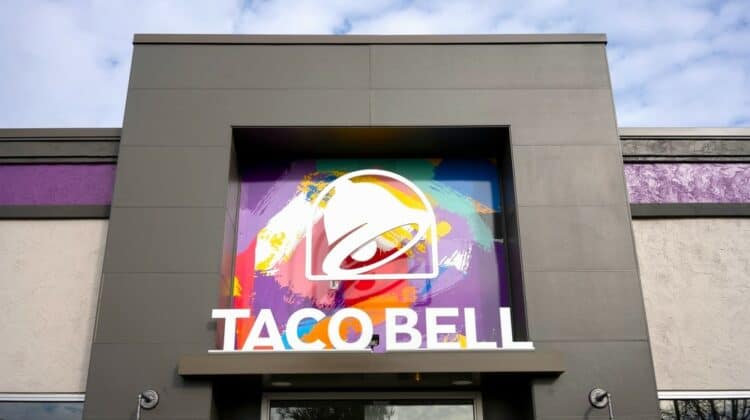





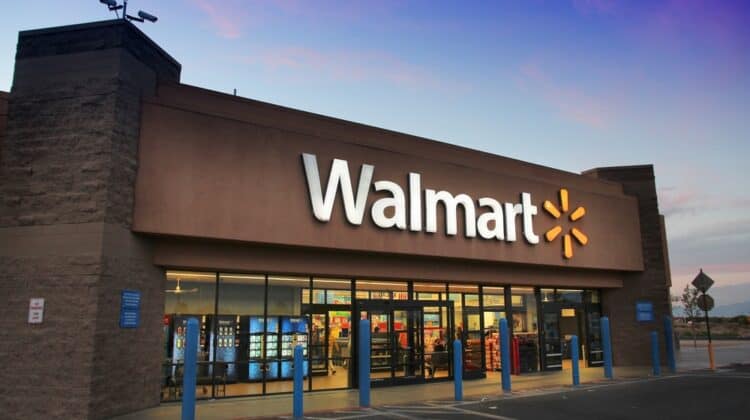

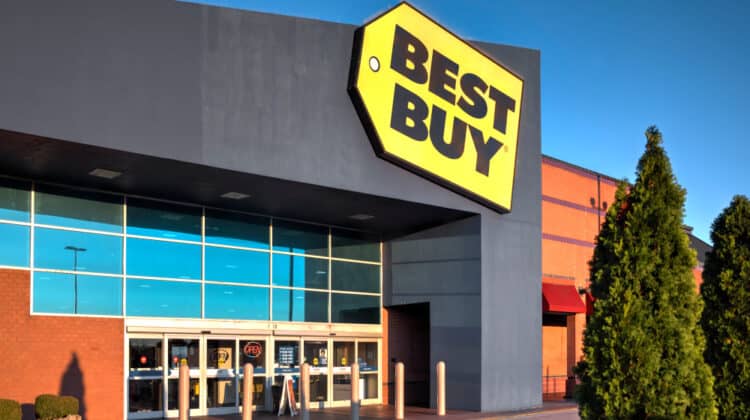
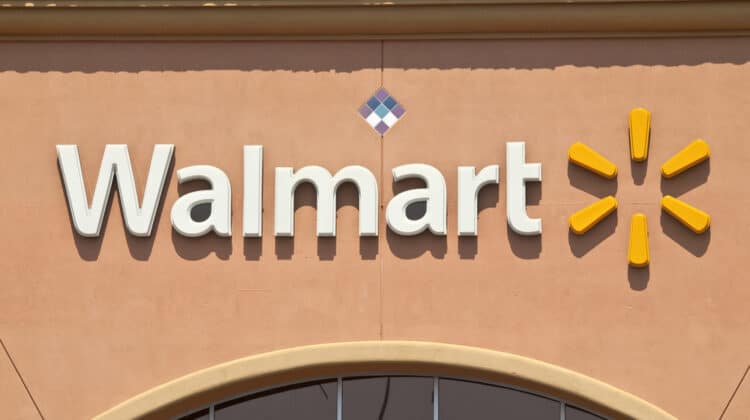
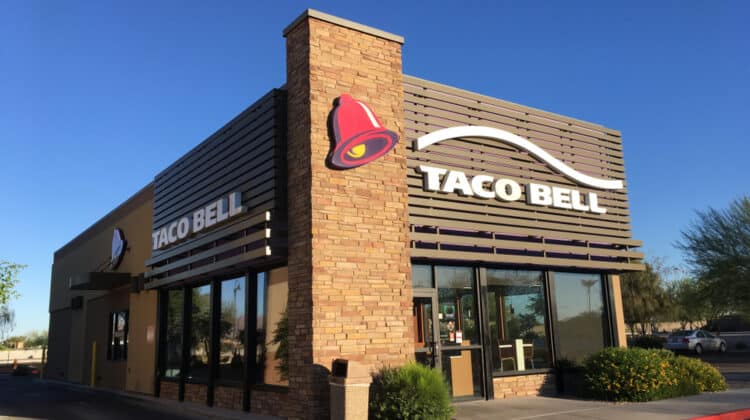








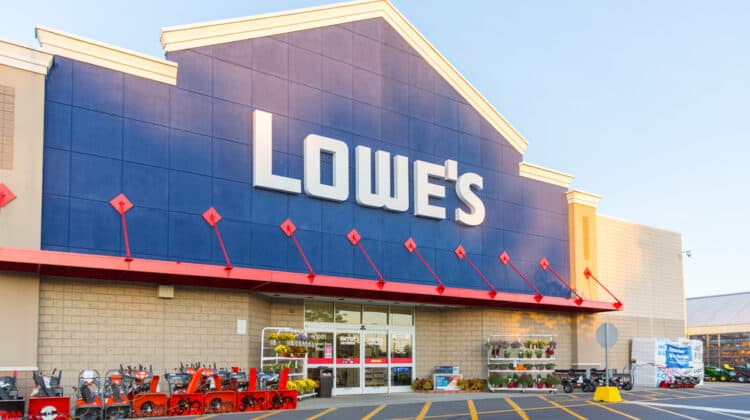
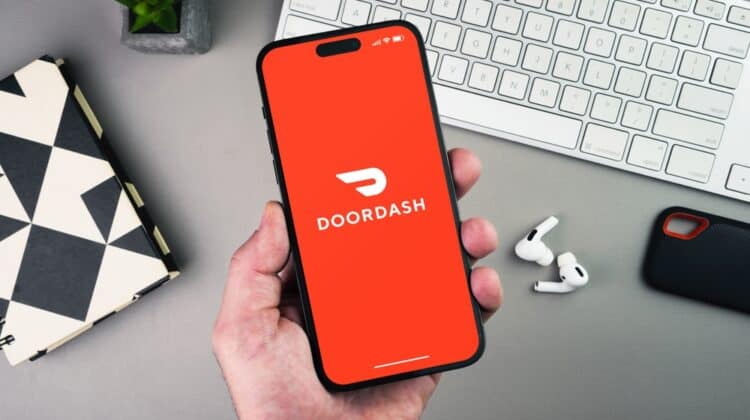

Awesome article thank you!
The transparency of information both good and bad from Snapchat and it’s owners and founders is commendable. It has shown the good the bad and the ugly. I commend the owners and leaders of Snapchat for working on the privacy issues of consumers. I only recently signed up for Snapchat end it is fun, useful to me and I will continue to use it. Today I deactivated my Google and Instagram accounts for three days in protest of several things including the increase in unwanted ads. I believe Facebook’s people in control make plenty of money without having to inundate its users with these ads which I know bring in large revenue for Facebook. While businesses have the right to make more money, why should they cause users unwanted stress of all those ads. I believe it’s morally and ethically wrong for the mighty to cause such discomfort to its population of users for more monetary gain. Some users barely have the money to pay for their iPhone and Wi-Fi usage, much less the needs of life – food clothing and shelter. These days Facebook and Instagram have become almost necessities for communication. It is not right nor just for the owners and founders of Facebook to be making so many billions of dollars off consumers.